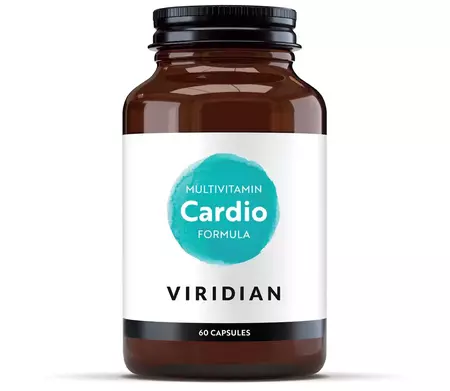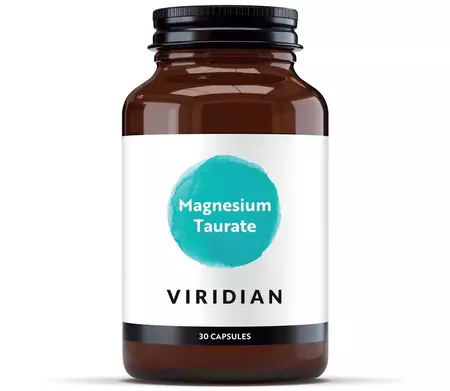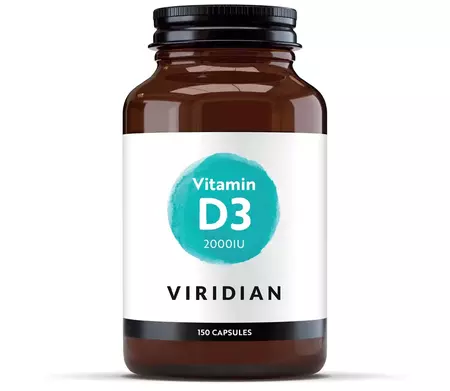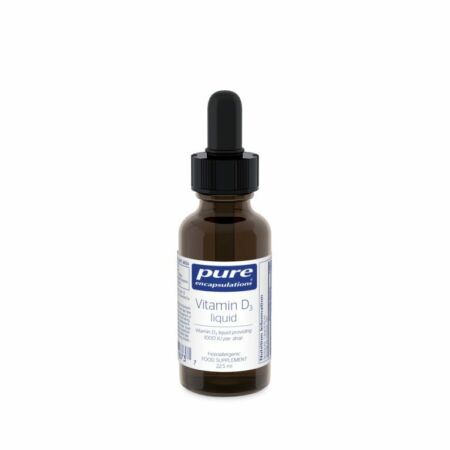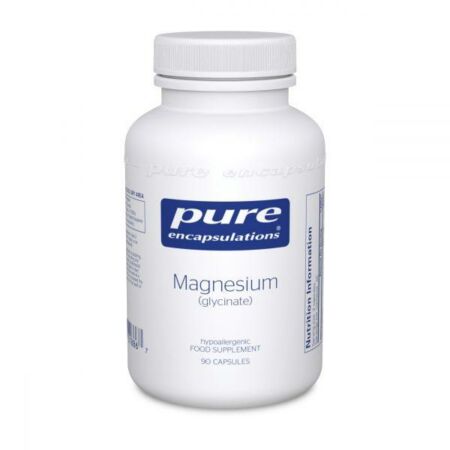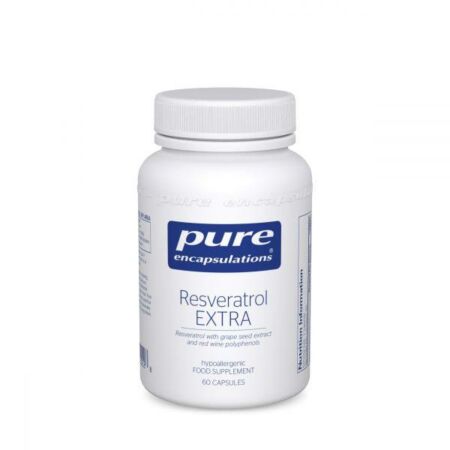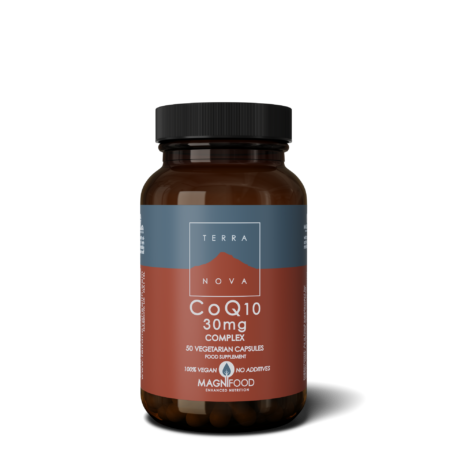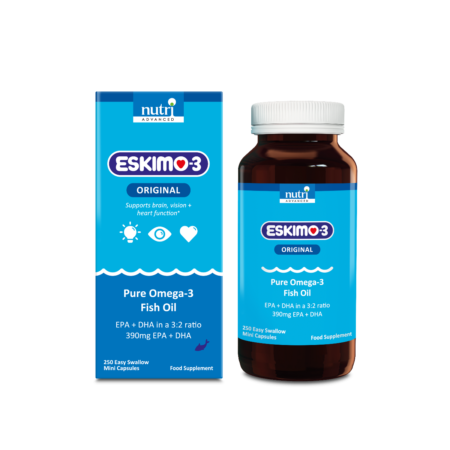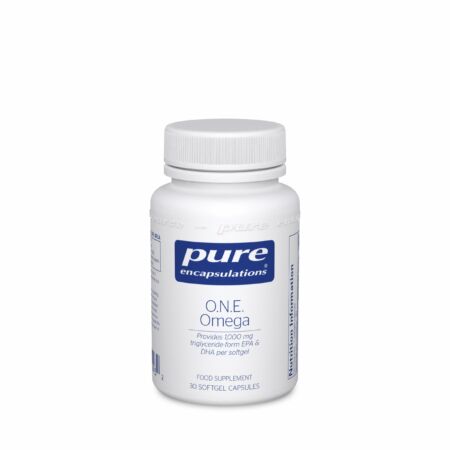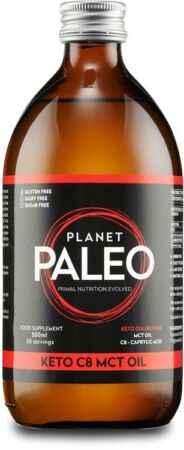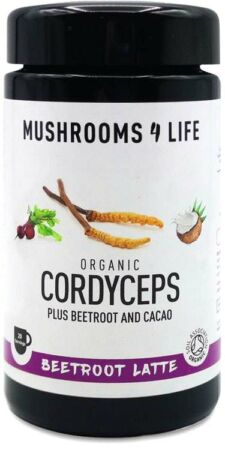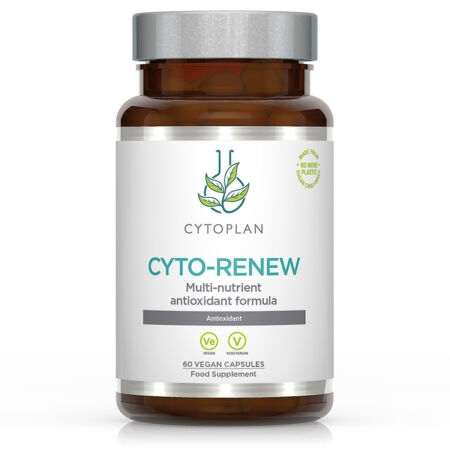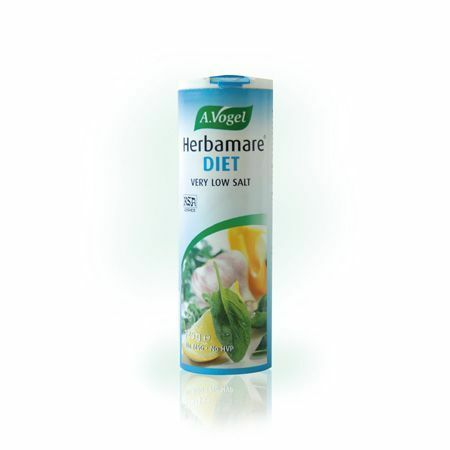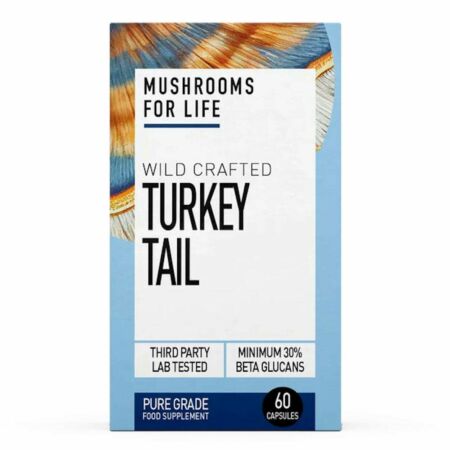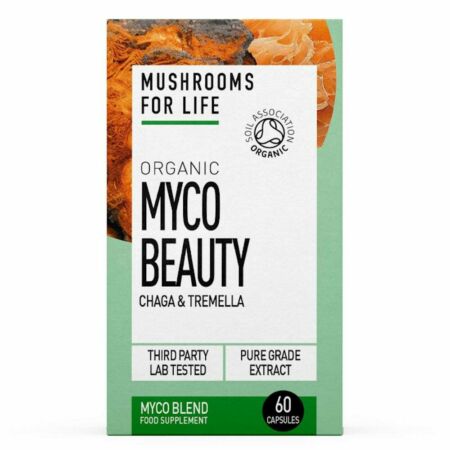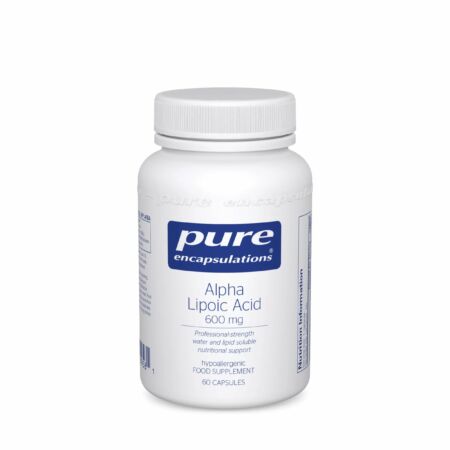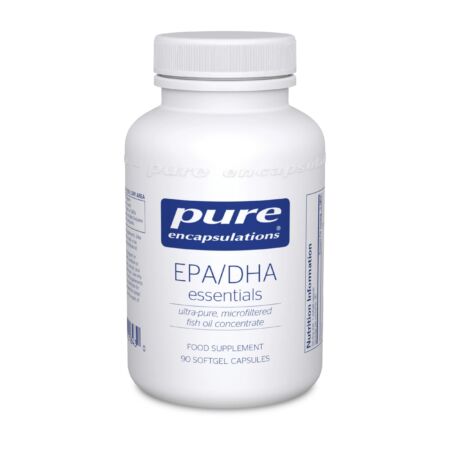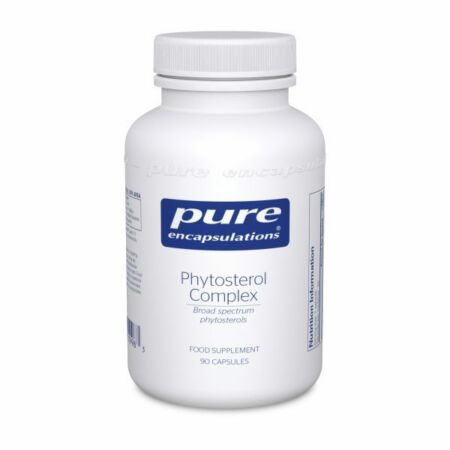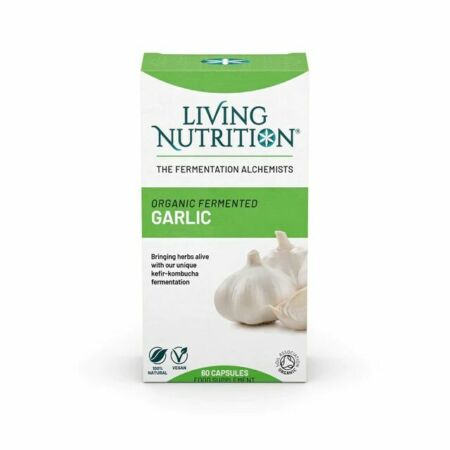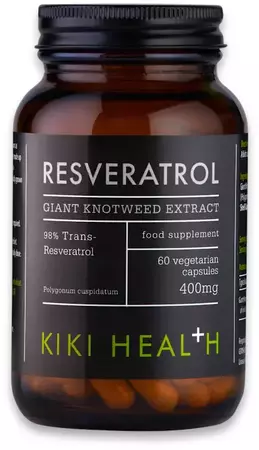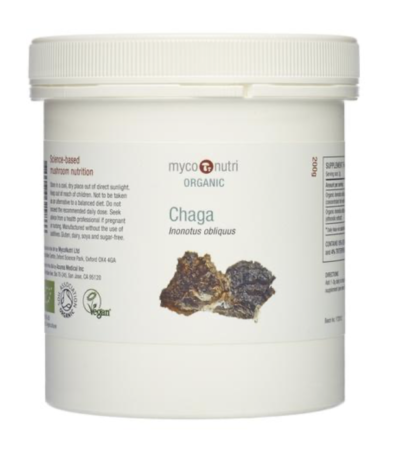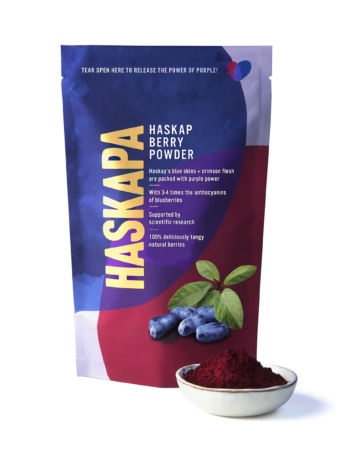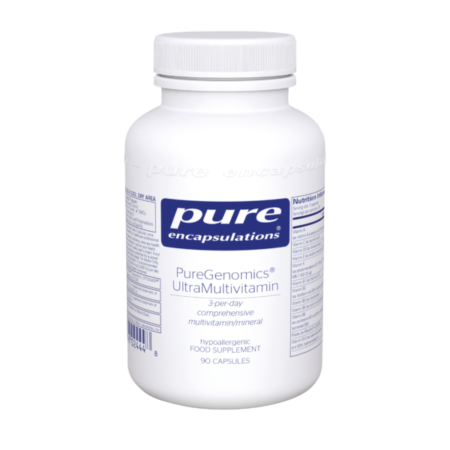From a naturopathic perspective, managing cardiovascular disease (CVD) involves a holistic approach that addresses underlying imbalances and risk factors through lifestyle modifications, dietary changes, and natural supplements.
What is cardiovascular disease (CVD)?
Cardiovascular disease (CVD) is a general term for conditions affecting the heart or blood vessels. This includes all diseases related to the circulatory system, such as coronary heart disease, angina, heart attack, hypertension, stroke, and vascular dementia.
What can be done about cardiovascular disease (CVD) from a naturopathic perspective?
Diet: A heart-healthy diet that emphasizes whole foods, such as fruits, vegetables, whole grains, and healthy fats like omega-3 fatty acids, while limiting saturated and trans fats and refined carbohydrates, can help reduce the risk of CVD.
Exercise: Regular physical activity, such as aerobic and strength training exercises, can improve heart health by reducing blood pressure, lowering cholesterol levels, and improving blood sugar control.
Stress Management: Chronic stress can contribute to the development of CVD, so techniques such as meditation, yoga, and deep breathing exercises can be helpful for managing stress.
What are the main causes and risk factors relating to cardiovascular disease (CVD)?
High blood pressure
Smoking tobacco products
Diabetes diagnosis
Inactivity
High cholesterol
Being overweight or obese
Family history of CVD
Genetics
High blood pressure (hypertension) is one of the most important risk factors for CVD, whilst smoking and other tobacco use is also a significant risk factor for CVD[i][ii].
High blood pressure is a condition in which the force of blood against the walls of the arteries is consistently too high. Over time, this increased pressure can damage the artery walls, leading to the development of atherosclerosis, which is a build-up of plaque in the arteries.
Likewise, tobacco smoke contains harmful chemicals that can damage the blood vessels and increase the risk of atherosclerosis.
The importance of nutritional therapy and dietary protocols for cardiovascular disease (CVD):
By working with a nutritional therapist, you can receive personalised guidance on getting to the bottom of the root causes for you as a unique individual.
Eat a variety of whole foods: Include a variety of fruits, vegetables, whole grains, nuts, seeds, and legumes in your diet to get a range of nutrients and fibre. Why are whole foods important for cardiovascular health? Having whole foods in the diet is crucial for maintaining good cardiovascular health. These foods are ready-packed with essential nutrients such as vitamins, minerals, and antioxidants that help protect against oxidative stress and inflammation, these are key factors in the development of cardiovascular disease. Additionally, they are rich in dietary fibre, which has been shown to lower cholesterol levels, regulate blood sugar, and encourage the growth of healthy gut bacteria - all of which contribute to a healthy heart and blood vessels. Since the benefits of whole foods relate to them being minimally processed, they do not contain added sugars, unhealthy fats, or other processed ingredients that can increase the risk of inflammation and other cardiovascular risk factors.
Limit saturated and trans fats/ Choose health-supporting fats: These fats can raise LDL cholesterol levels, which can increase the risk of CVD. Limit or avoid foods high in these fats, which are especially high in many processed foods. Instead, include healthy fats like omega-3 fatty acids, found in fatty fish, flaxseeds, and chia seeds, and monounsaturated fats, found in olive oil, avocados, and nuts. Read a breakdown on this in a later section dedicated to fat.
Limit refined carbohydrates: These can raise blood sugar levels and contribute to inflammation. Choose whole grains instead of refined grains, and limit sugary drinks and sweet treats. Why is this? High glycaemic index (GI) carbohydrates, also referred to as quick release carbohydrates, can have adverse effects on cardiovascular health. These types of carbohydrates are quickly broken down and absorbed, leading to a sharp increase in blood sugar levels that stimulates the release of insulin. At this point, consistently high levels of blood sugar and insulin can gradually lead to the development of insulin resistance, which is a risk factor for cardiovascular disease (independently from diabetes)[iii].
Reduce sodium intake: High sodium intake can increase blood pressure, which is a risk factor for CVD. Choose low-sodium options and limit processed foods. You should be mindful of adding too much salt to cooking and meals. It can also help to swap out traditional table salt (sodium-based) salts for Himalayan salt or seaweed salts, which contain more minerals to balance out. Try: Herbamare Diet Low Salt (125g) - contains potassium chloride - a salt substitute - and is ideal for those on low sodium diets.
Stay hydrated: Drink plenty of water, whilst limiting sugary drinks and alcohol. Drinking adequate amounts of water can benefit the circulatory system. This is because water is a major component of blood, and it helps to maintain blood volume and pressure. Adequate hydration can help prevent dehydration and maintain normal blood pressure levels, which is important for cardiovascular health[iv].
Focus on fats:
Popular advice on fat intake can be complex, contradictory and quite confusing. The general advice from a nutritional therapy perspective is to focus on ‘healthy fats’ and limit ‘bad fats’ such as damaged fats or trans fats. However, the recommended daily fat intake will be subject to a person’s unique requirements and therefore it is best to discuss this with a nutritional therapist.
Health-supporting fats for cardiovascular health
Omega-3 fatty acids: Found in fatty fish, such as salmon and sardines, as well as in flaxseeds, chia seeds, and walnuts. Omega-3s have been shown to reduce inflammation, lower triglyceride levels, and improve heart health.
Monounsaturated fats: In large amounts in olive oil, avocados, nuts, and seeds. Monounsaturated fats can help lower LDL cholesterol levels and reduce the risk of heart disease.
Polyunsaturated fats: These fats are found in vegetable oils, such as soybean and corn oil, as well as in nuts and seeds. Polyunsaturated fats include both omega-3 and omega-6 fatty acids, which are essential fatty acids that the body needs but cannot produce on its own.
Medium-chain triglycerides (MCTs): Coconut oil is the most well-known source. These fats are popular because they are very easily metabolised by the body for energy. MCTs may have potential benefits for weight loss, brain function, and heart health. Please only try ketogenic diets under the guidance of a nutritionist as for some people it might be dangerous to follow this diet alone. Try: Planet Paleo Keto C8 MCT Oil - A convenient, highly concentrated MCT oil made from coconuts is derived from the most metabolically active and ketogenic MCT—caprylic acid (C8).
Recommended supplements for cardiovascular health:
Try: Eskimo 3 or Pure Encapsulations O.N.E Omega - Omega-3 fatty acids are essential fatty acids that are vital for the circulatory system's well-being, as they can lower triglycerides, reduce inflammation, and improve blood pressure[v].
Try: Terranova Coq10 (30mg) - Coenzyme Q10 (CoQ10) is a naturally produced compound that helps produce energy in the body and has antioxidant properties that protect against oxidative stress and inflammation, both of which are linked to cardiovascular disease[vi].
Try: Pure Encapsulations Magnesium Glycinate - Magnesium is an essential mineral that supports many body functions, including heart health, by regulating blood pressure, reducing inflammation, and improving endothelial function[vii].
Try: Viridian Vitamin D3 2000IU/ Pure Encapsulations Liquid Vitamin D3 (1000IU per drop) - Vitamin D, known for its role in bone health, also supports cardiovascular health by improving endothelial function, reducing inflammation, and lowering blood pressure[viii].
Try: Living Nutrition Organic Fermented Garlic - Garlic, a natural remedy used for centuries, helps support cardiovascular health by reducing blood pressure, lowering cholesterol levels, and improving circulation[ix].
Try: Vitamin K2 100ug by Viridian - Vitamin K2 is believed to have a positive impact on cardiovascular health due to its ability to regulate calcium metabolism. By directing calcium to the bones and away from the arteries, where it can contribute to arterial calcification, a risk factor for cardiovascular disease, vitamin K2 helps to maintain healthy arteries. Additionally, vitamin K2 plays a role in blood clotting by activating proteins that promote healthy clotting and prevent excessive bleeding. This is crucial for cardiovascular health as it helps to prevent blood clots that can lead to heart attacks and strokes. While more research is needed, some studies suggest that vitamin K2 may be beneficial for reducing the risk of cardiovascular disease, particularly among those at high risk. However, it is important to consult with a nutritional therapist before taking any high-dose vitamin K2 supplements, especially if taking blood-thinning medications, for example.
Try: Pure Encapsulations Phytosterol Complex- Phytosterols are sterol molecules, similar in structure to cholesterol, which are synthesised by plants. Phytosterol Complex is a broad spectrum phytosterol complex. Why are phytosterols important for CVD? They are plant-derived compounds, and may have a beneficial effect on cardiovascular health by reducing the risk of developing cardiovascular disease (CVD). Phytosterols are known to lower LDL (bad) cholesterol levels by blocking the absorption of cholesterol in the small intestine, which can decrease the risk of CVD. Furthermore, phytosterols contain anti-inflammatory properties, which may help to reduce inflammation in the arteries, thereby lowering the risk of CVD development.
Other top picks for cardiovascular health
Viridian Cardio Multi (60 Caps): The main cardiovascular-supporting ingredients include: vitamin D, magnesium, vitamin E, co-enzymes, B-vitamins and garlic.
Mushrooms 4 Life Organic Cordyceps Beetroot Latte Mix: Cordyceps mushroom paired with nitrate rich beetroot juice and combined with creamy coconut, makes for a wonderful cardiovascular health supporting hot drink. Cordyceps is said to benefit cardiovascular health via boosting the function of the circulatory system and reducing cholesterol, whilst beetroot also supports endothelial function of the circulatory system. Coconut is a great source of MCT oil as discussed previously[x][xi].
Functional testing options for CVD
Lipid profile: A standard lipid profile measures total cholesterol, LDL cholesterol, HDL cholesterol, and triglycerides. However, a more comprehensive lipid profile may include additional markers, such as LDL particle number and size, that provide a more accurate assessment of CVD risk.
Inflammatory markers: Chronic inflammation is a key contributor to CVD. Measuring inflammatory markers, such as C-reactive protein (CRP) or interleukin-6 (IL-6), can help identify underlying inflammation and guide treatment interventions.
Nutritional testing: Nutrient deficiencies and imbalances can contribute to CVD by affecting cholesterol metabolism, blood pressure regulation, and inflammation. Nutritional testing can identify nutrient deficiencies and guide targeted nutritional interventions.
Genetic testing: Genetic testing can identify inherited risk factors for CVD, such as familial hypercholesterolaemia or genetic variations that affect blood clotting.
Stress testing: Stress testing evaluates the heart's response to physical stress and can identify underlying heart disease or risk factors. Stress testing may include exercise stress testing, stress echocardiography, or nuclear stress testing.



